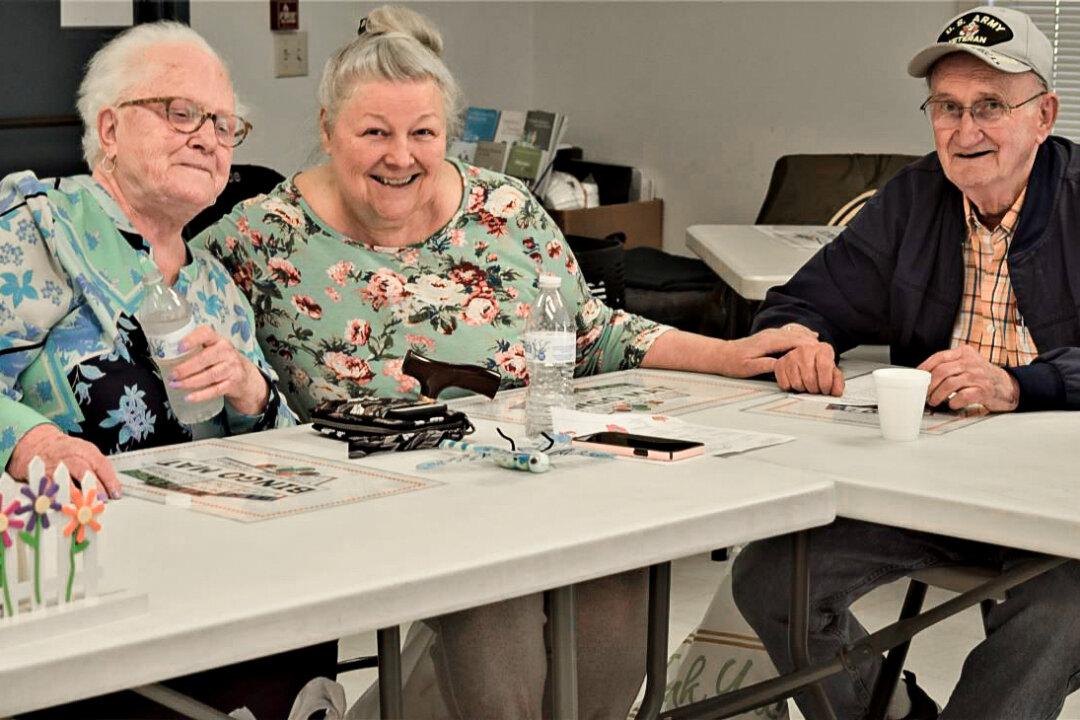In response to inflation, the prizes at bingo have changed in recent weeks at the Millersville Senior Center in Millersville, Pennsylvania.
Instead of fun little trinkets, winning bingo players now choose between cleaning supplies, laundry items, and snacks, depending on the theme of the week, Senior Center Director Starr Brubaker told The Epoch Times.





